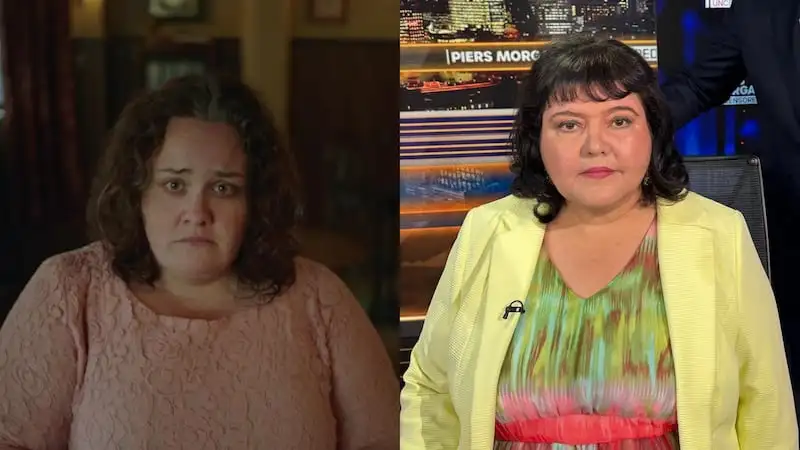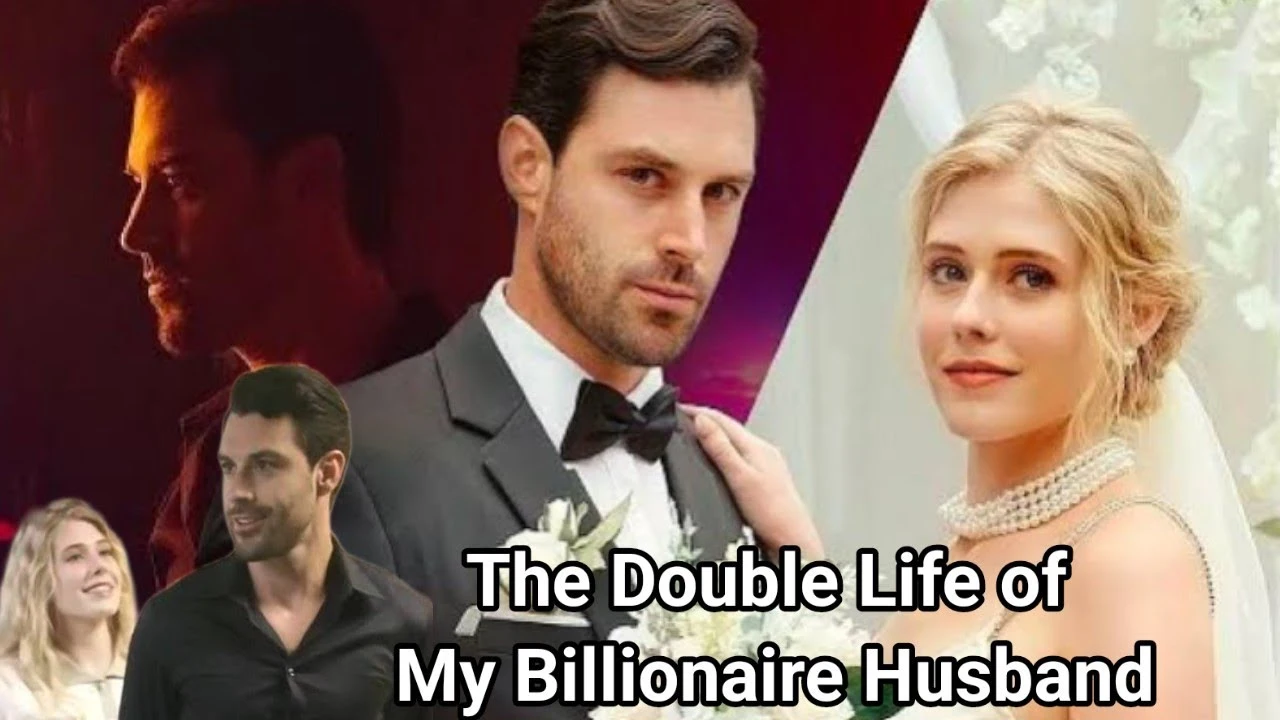Fiona Harvey sues Netflix over Baby Reindeer

The well-known author and singer Fiona Harvey has shown bravery in the face of a difficult circumstance. She is suing Netflix for how they portrayed her experience in the documentary “Baby Reindeer.” Harvey’s legal action is a major step forward in her ongoing battle with her stalker, whose unrelenting harassment serves as the main plot point of her critically acclaimed one-woman show, “Baby Reindeer.”
The Netflix documentary explores Fiona Harvey’s terrifying experiences, detailing her unsettling meetings with an unrelenting stalker. Throughout the film, Harvey courageously recounts the harrowing events she endured, shedding light on the psychological toll of being targeted and harassed. But what has caused debate is how these incidents are portrayed and how they affected Harvey’s life.
Fiona Harvey Claims over Baby Reindeer
Harvey’s claim that Netflix’s depiction of her experience not only misrepresents her experiences but also makes her trauma worse is at the center of her case. The documentary’s constant use of her name in conjunction with terms like “Fiona Harvey Baby Reindeer” and “Fiona Harvey stalker” has made her stalker’s acts more intrusive, further upsetting Harvey and perhaps putting her safety in jeopardy.
Harvey claims in her lawsuit that the program sensationalizes her pain for viewers’ amusement while ignoring the implications of such portrayals in real life. Through the consistent use of her name in conjunction with search terms such as “Fiona Harvey Baby Reindeer” and “Fiona Harvey stalker,” Netflix has unintentionally supported the precise practice that Harvey aims to challenge: the objectification and public consumption of her experiences.
Harvey’s will to retake authority over her story and hold those accountable for its defamation is demonstrated by her decision to file a lawsuit against Netflix. By doing this, she fights for increased accountability in the entertainment business about the portrayal of real-life traumas in addition to seeking justice for herself.
The case additionally raises attention to the moral obligations that streaming services and filmmakers have when recording sensitive content. Although films like “Baby Reindeer” have the ability to increase public awareness of problems like harassment and stalking, they must do so in a way that upholds the autonomy and dignity of the people whose experiences they convey.
Harvey’s bravery serves as a reminder of the value of giving survivors the voice and agency to speak out against injustice and reclaim their stories as the legal proceedings progress. She not only addresses the immediate harm caused by the sensationalized representation of her events in “Baby Reindeer,” but she also pushes for a more responsible and empathetic approach to media storytelling.
Conclusion
In the end, Fiona Harvey’s lawsuit against Netflix is about more than just seeking retribution – it is about reclaiming her voice, her agency, and her identity in the face of exploitation and misrepresentation. It is a powerful statement of resilience and determination in the face of adversity, and a rallying cry for greater empathy and accountability in the portrayal of real-life trauma.



